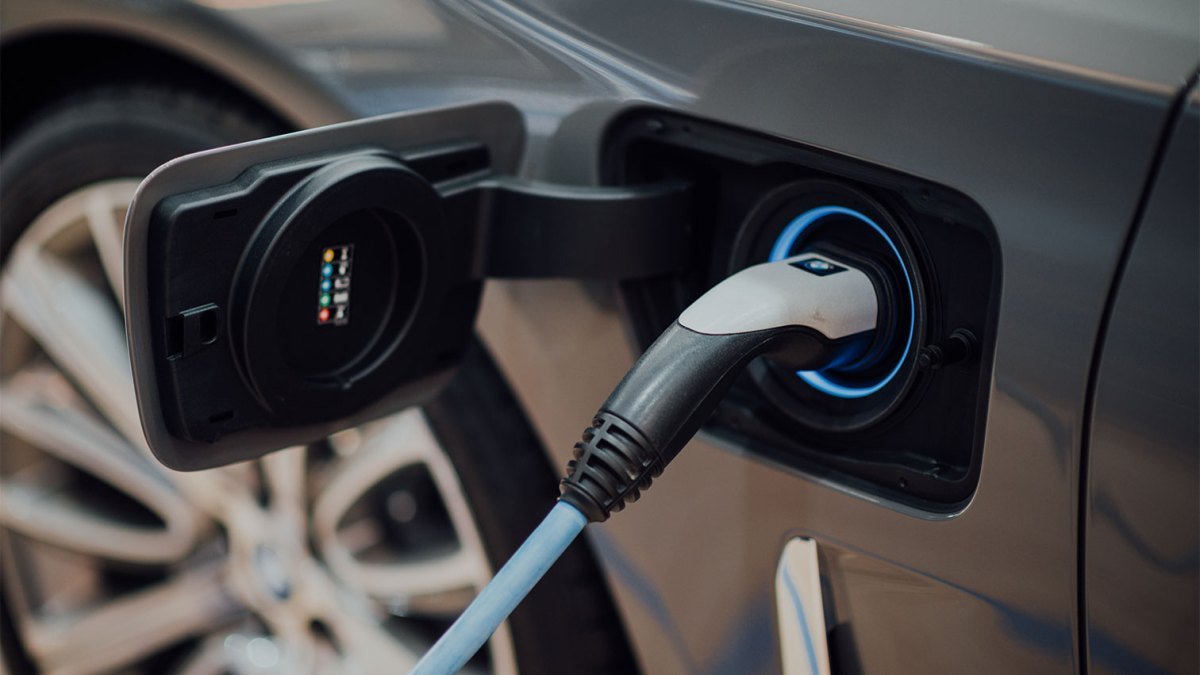In the ever-evolving world of electric vehicles (EVs), automakers are racing to increase the capacity of their batteries. One ingredient, in particular, has caught their attention – silicon. This delicate substance has the potential to boost battery capacity by at least 20%, making it a highly sought-after solution for increased range.
Several companies, including Sila, Group14, Envoix, and Amprius, are all striving to bring their silicon anode technology to the market. They all have their sights set on cashing in on the growing demand for even more range in EVs.
However, one startup is determined to lead the pack. Ionobell, a seed stage company, claims their unique silicon material is not only more cost-effective but also superior to their established competitors.
Unlike the other companies that incorporate silicon particles into porous graphite structures, Ionobell takes a different approach. Their patented method involves starting with a porous silicon structure and coating it with a protective layer. As CEO Robert Neivert explains, the material does not swell like traditional silicon anodes, making it more durable and long-lasting.
The appeal of silicon lies in its ability to accommodate ten times more lithium ions than graphite. However, its tendency to swell during this process has made it a challenging material to use in batteries. As a result, manufacturers have only been able to utilize small amounts, usually less than 10%.
Despite this setback, the potential of silicon is too great to ignore. Ionobell’s supply of silicon comes from a waste material, allowing them to keep costs down. As Neivert notes, “material” is the main source of cost savings for their company, and their material is cheaper than graphite.
Interestingly, Neivert initially came across Ionobell as an investor. However, after initially rejecting the company, they impressed him by solving various issues, including adapting their material to commonly-used manufacturing equipment. This prompted Neivert to join Ionobell as the CEO, and their most recent unpriced $3.9 million seed extension, led by Dynamo Ventures and Trucks VC, has just been closed.
Despite the challenges that deep tech companies like Ionobell face, investors are willing to support their innovative solutions. The validation process required by automotive companies is both lengthy and difficult, making it essential for battery material companies to have a solid foundation. With competitors such as Group14 and Sila close to commercialization, Ionobell has a lot of catching up to do. However, their promise of a lower price may give them an advantage in the market.
One thing is for sure – the next wave of innovation in lithium-ion batteries is just around the corner, and it is being led by silicon. With its outstanding capabilities and potential, it is set to revolutionize the world of electric vehicles.








